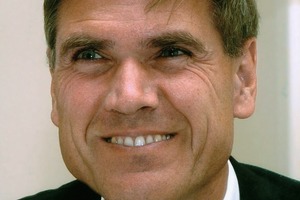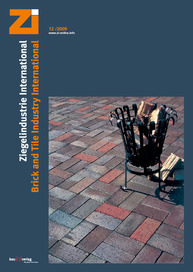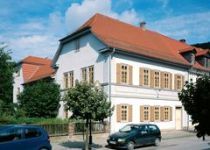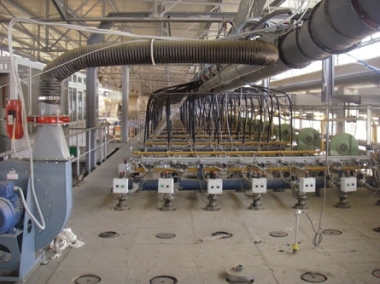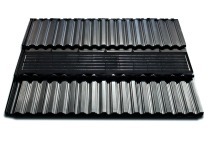Travel broadens the mind
How beautiful in comparison is a Central or Southern European roofscape of clay-tiled roofs or the sight of an old harbour town built in the redbrick Gothic style. We all have to fight to ensure that this cultural heritage is preserved for future generations too. This is by no means a certainty, for in Europe too, clay brick masonry is under mounting pressure. Under the cloak of progress, building styles are now propagated that come close to those common in America’s West. You only have to take one look at the so-called “plus energy house” currently sent by Germany’s Federal Ministry of Building on a travelling exhibition across the country and you will certainly be reminded of a wooden barracks. If we don’t watch out, this trend to technology-overloaded, soulless structures will continue. Under the guise of sustainability, the timber industry is trying to move its building material into a stronger position. Ongoing tightening of Germany’s energy saving ordinance is being taken as an excuse to stuff houses full of technology and the obligation to use alternative energies is leading to roofscapes being increasingly disfigured with solar elements.
As an industry, it is, in my opinion, our task to work together with other interest groups to make sure that this cultural achievement of past generations is preserved and continues to be cared for – not just to promote the sale of our products, but also to preserve for future generations a townscape that is a delight to the eye and in which it’s worth living.

